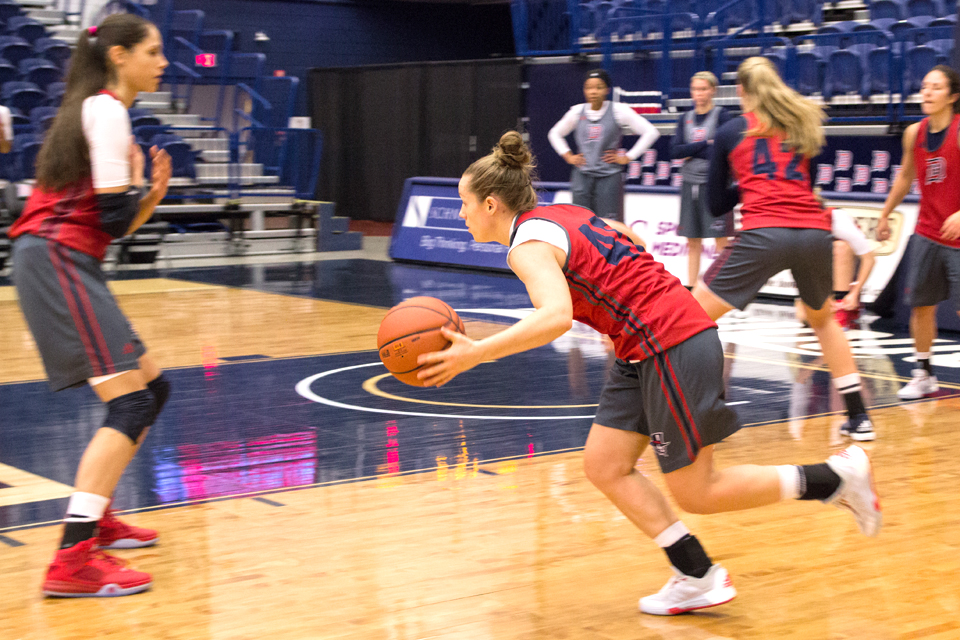By Brittney Jackson | The Duquesne Duke
Duquesne entered into the largest licensing agreement in the University’s history with FLAG Therapeutics Inc., a company that licenses technology.
The agreement guarantees FLAG worldwide exclusive rights to two novel classes of drugs developed by Duquesne professor of medicinal pharmacy Aleem Gangjee.
Gangjee, who has worked at Duquesne for 34 years, currently holds the position of distinguished professor and Adrian van Kaam chair in scholarly excellence. He has worked on cancer treatment since 1979.
FLAG CEO and Duquesne alumnus Frank Sorgi said he has known Gangjee for some time and is ready to take the professor’s novel anticancer drugs to the next level.
Sorgi, also a member of the Dean’s Advisory Council for the Mylan School of Pharmacy, said about two years ago Duquesne was looking for a home that would further develop Gangjee’s new technology.
“For a researcher such as myself, that is like a dream come true,” Gangjee said. “My forte is in discovering and designing new drugs, and [Sorgi’s] expertise is in taking the drug from the bench to the bedside.”
To begin clinical trials on humans, Sorgi said the next step is to raise money from corporate companies, venture capitalists and angel investors. Clinical trials could begin within one or two years if Sorgi raises money fast enough.
According to Sorgi, the two novel classes of drugs are unlike any other preexisting cancer treatments. One drug simultaneously starves and kills tumors, an extremely effective method for destroying cancerous tumors. Traditionally, two separate drugs, one for killing and one for starving a tumor, were necessary.
The chance of discovering a drug that kills and starves tumors meeting at the same time was very slim, and doctors had to overcompensate by giving patients large doses of both drugs in hopes that both would reach the tumor at the same time.
The other drug that Gangjee developed is a revolutionary anticancer drug, Sorgi said. Gangjee discovered that cancer cells have folate alpha receptors on them and developed a drug that targets this receptor.
Gangjee said that all cells need folic acid to grow but that cancer cells and normal cells have different mechanisms of “capturing” folic acid, an important nutrient. According to Gangjee, the drug he developed will be “captured” by the cancerous cells’ alpha folate receptors and kill tumors.
Both drugs Gangjee developed are novel because they can distinguish between normal and cancerous cells, Sorgi said.
Sorgi also said that because Gangjee is a professor at Duquesne, the rights to anything he invents are owned by the University. However, Sorgi said he will work very closely with Gangjee and that Gangjee will be a member of an advisory board for the company.
Sorgi said the drugs still have a long way to go and that these steps cannot happen at a University. He said the agreement is the best opportunity for these drugs to move forward.
Gangjee said his next steps will be to further refine his anticancer drugs to do even more for combating cancer.
“In research there are many troughs and very few crests, and this happens to be one of the few crests,” Gangjee said. “It’s a feeling of elation, of having achieved something that we set out to do.”




